Jason Isbell On His New Documentary, Co-Starring In Martin Scorsese’s ‘Killers Of The Flower Moon’ And Journey From “Idiot” To “Non-Idiot”

When HBO hosted a special screening of Jason Isbell: Running With Our Eyes Closed at the Grammy Museum in Los Angeles, the intimate documentary about the singer-songwriter’s personal and creative journey during the making of his 2020 album Reunions seemingly met with unanimous approval. But as applause and whistles rippled over the closing credits, one person sitting in the center of the theater was thinking, “I don’t think I want to watch it again for at least a decade.”
That person was Jason Isbell.
More from Deadline
'Succession' Writer Reveals Secret Code Used To Keep Seminal Season 4 Plot Twist Under Wraps
'Succession' Season 4's Shocking Third Episode Boasts New Series High Audience With 2.5M Viewers
Three days later, the film screened again — this time in Nashville, the town he calls home. True to his word, the five-time Grammy winner and his wife, fellow musician Amanda Shires, showed up for the Q&A, but skipped the movie itself.
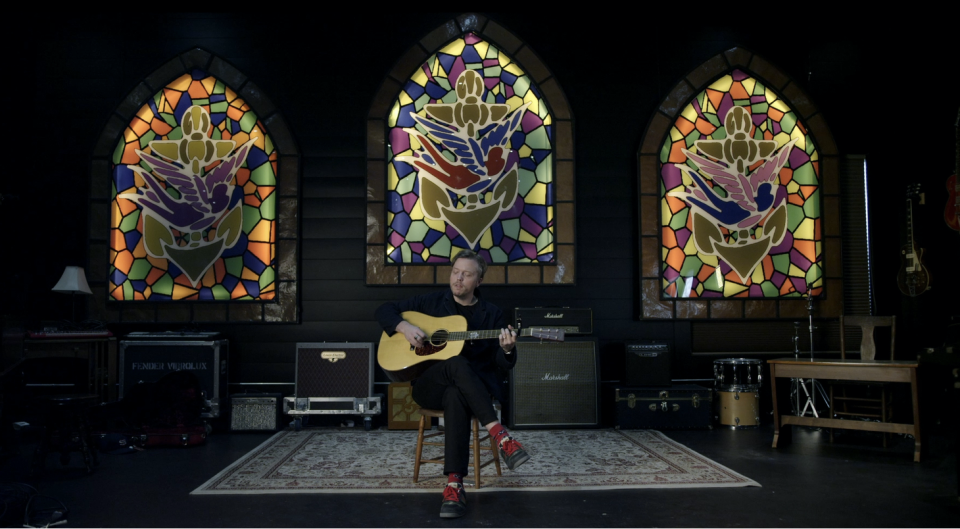
“There are two different kinds of music documentaries,” Isbell tells Deadline from his home in Tennessee. “There’s the kind that the artist is comfortable with, and then there’s the kind that’s not boring. A good documentary should be something that makes you squirm a little bit, because we’re all fallible human beings.”
Director/producer Sam Jones, showing the same deft touch he displayed in his 2002 movie I Am Trying to Break Your Heart: A Film About Wilco, offers Isbell a safe space to talk about the pivotal moments in his life: the uncertainty of being raised by teenage parents in Alabama, finding early success with the alt-country rock band Drive-By Truckers, then derailing that prolific six-year run due to a destructive appetite for Jack Daniels and drugs.
“When I was drunk and being a buffoon, I looked like an idiot,” Isbell admits. “But I was an idiot, and I celebrate that because if I hadn’t been such an idiot back then, I wouldn’t be such a non-idiot right now.”
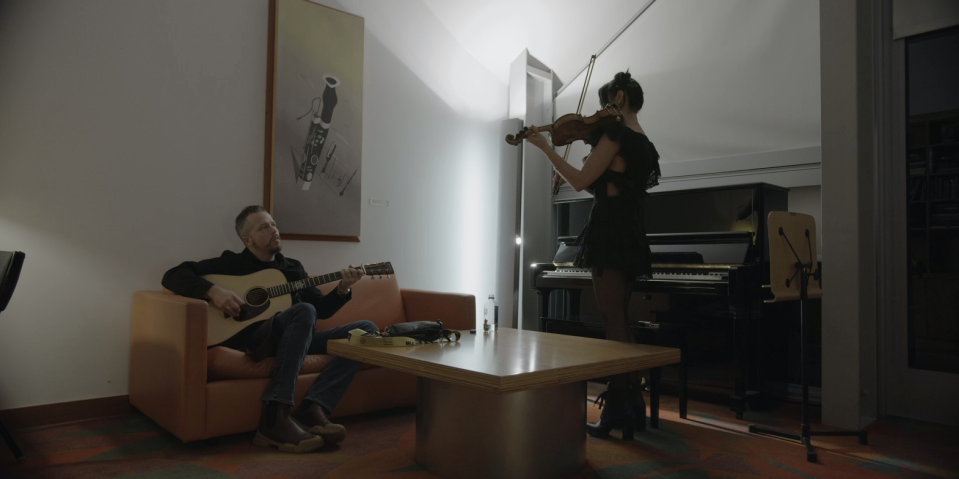
Those pre-rehab formative years may be a titillating insight into his psyche, but it’s his relationship with Shires that’s both the heartbreaking and heartwarming centerpiece of the documentary. Friends and collaborators for more than 18 years and wedded for a decade, Isbell and Shires are the golden couple of the Americana music scene, and appear to be the true definition of soulmates. Together and individually, they’re magic on-screen — he with his easygoing, confident charm; she with her sass and quirky intelligence. Their natural repartee is the stuff of Spencer Tracy and Katharine Hepburn movies by way of Johnny Cash and June Carter Cash.
In addition to playing fiddle and singing backing vocals in Isbell’s band, The 400 Unit, Shires is also juggling her own career as a solo artist, and making music with the star-studded supergroup, The Highwomen (with Brandi Carlile, Maren Morris and Natalie Hemby).
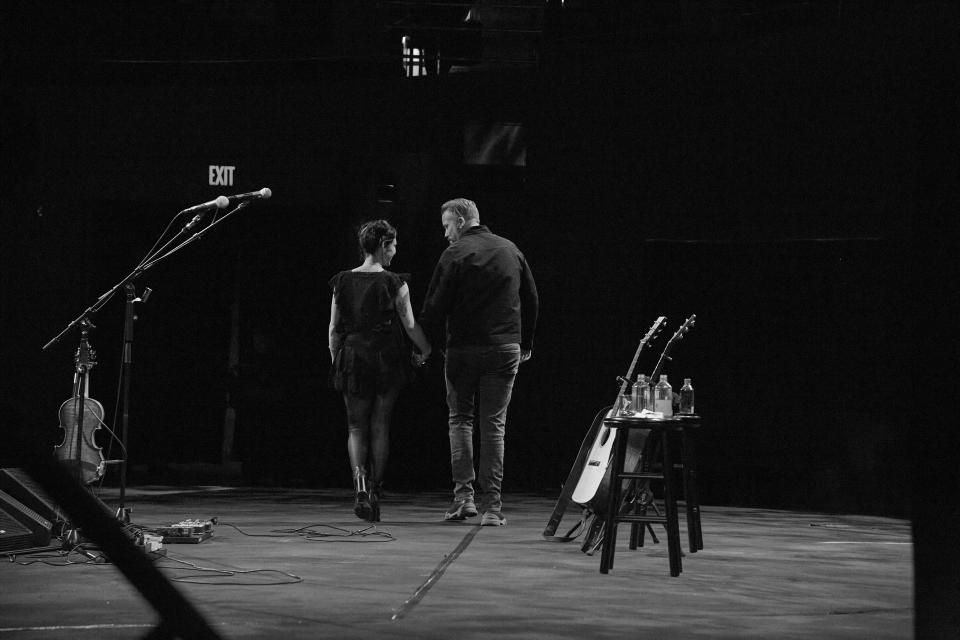
In the film, we watch — fly-on-the-wall style — as Isbell and Shires clash over minor stylistic issues, like audio levels and dangling participles, while writing and recording Reunions in the studio. It’s classic workplace tension, complicated by a power imbalance and exacerbated by the fact that they can’t just “leave it at the office,” but it also hints at parallel issues in their personal dynamic. At one point, Isbell temporarily moves out of the home they share with their young daughter, Mercy, and into the local Omni hotel, and you wonder — as did they — whether their marriage will survive.
“It was hard to watch it,” Shires tells Deadline. “It’s a little bit tough to revisit places when you feel you’ve moved past them.”
Like most relationships, their union remains a work in progress.
“Jason isn’t quick to open up with his man feelings. He’s gotten better,” Shires updates. “And my fault was that I would drop everything I was doing and help him find his goddamn checkbook, and that’s not my job. I have to take myself and my time seriously. I think we’re doing a good job with not falling into those traps now, and remembering each other as humans, rather than the couple identity.”
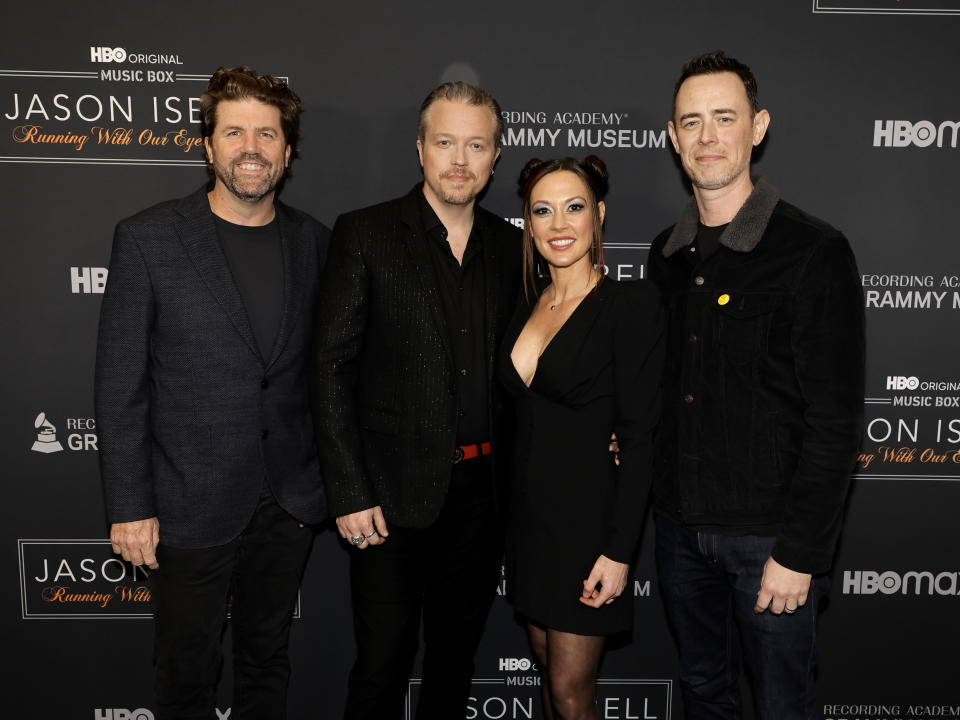
Jones, the filmmaker, recalls their individual reactions when he showed them an early cut of the documentary.
“I always like to show a film in person, but in this case, because of the pandemic, it was not possible,” the director explains. “Amanda was working in a studio out of town, and Jason was home. So I sent them a link simultaneously. Amanda was live-texting me through the whole time she was watching. Finally, when it was all over, Jason sent a text that he loved it, and that it was great. And I was like, wow, they don’t have any notes! They are going to accept this thing exactly the way it is.”
Isbell says he was never looking to exert editorial control over the film.
“The easy way is I would be an executive producer, and we would make a movie that was just promotional, and it would get the fans all riled up for the next record or the next tour,” he states matter-of-factly. “The hard way is to have people follow you around while you’re really being a human, and trying to navigate a relationship, and a family and a career.”
Yet Isbell admits there were times during the filming process when he needed a moment to himself.
“I would leave the room, or unplug my microphone and get away from the camera. Sometimes it was too much,” he says. “But once the footage was all there and edited together, I didn’t use any sort of veto power or take anything out.”
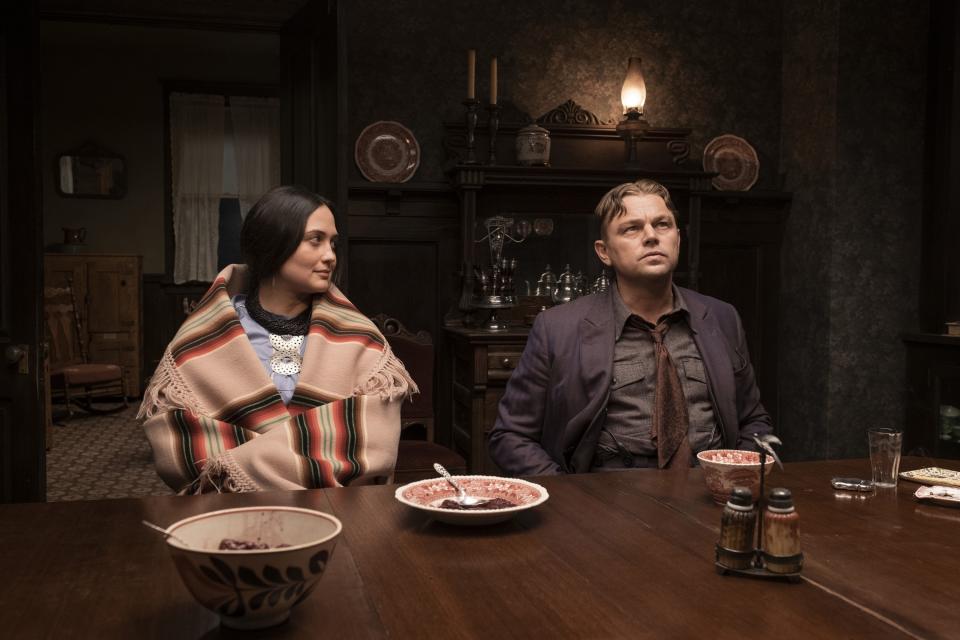
Isbell had far less control over his featured acting role in the hotly-anticipated Martin Scorsese movie Killers of the Flower Moon, which makes its world premiere at the 2023 Cannes Film Festival on May 20. Starring Leonardo DiCaprio and Robert De Niro, it’s an adaptation of David Gann’s nonfiction bestseller about a string of murders in Oklahoma’s Osage Nation in the 1920s. Isbell plays the husband of an Osage woman. Fellow musicians Jack White and Sturgill Simpson also appear in the picture.
As confident as Isbell is on a music stage, he wasn’t so sure about seeing his image on a 70-foot cinema screen.
“When I started shooting this Scorsese movie, I remember thinking, ‘What am I going to look like on that huge screen?’ And then I thought, ‘I’m going to look like me. And it’s going to be me up there, and all of the things that are flaws — that’s also part of me,’” he says.
Embracing imperfection is just part of the job, it seems.
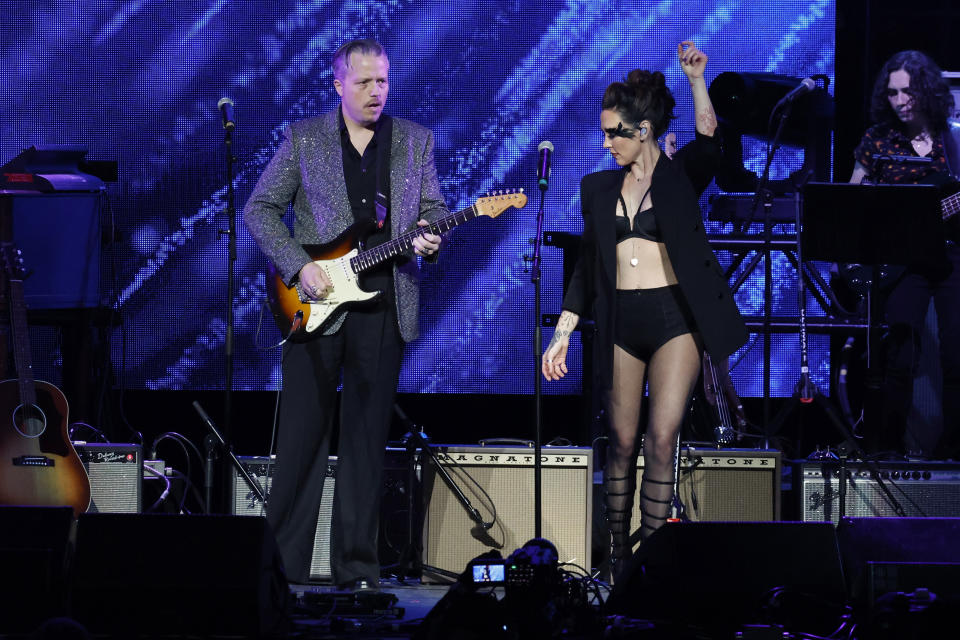
“We’re all busted. All of us. The older you get, the more broken you are. That’s why people are drawn to the aesthetic of relic things — guitars that look like they’re 100 years old, and classic cars that still have the original paint. It’s why an old car is worth more if it’s got all the rust on it. I think there’s some sort of real beauty in all of those scars.”
But Isbell hedges when asked if there are more films in his future — documentary or otherwise.
“I still haven’t gotten anywhere near the end of the challenges of making music,” he says. “I think it’s sort of an infinite challenge for me. But it all comes down to the story. If the story is good enough, and it’s worth telling, and they need my help, then I will help them tell it. Otherwise, I’ll just keep on playing guitar.”
Jason Isbell: Running With Our Eyes Closed is currently playing on HBO and HBO Max. It’s the latest Installment of ‘Music Box,’ the HBO/HBO Max series created by Bill Simmons, about pivotal moments in music. Jason Isbell and the 400 Unit’s upcoming album, Weathervanes, is out June 9. Their U.S. tour kicks off April 28 in Cincinnati, Ohio.
Best of Deadline
Sign up for Deadline's Newsletter. For the latest news, follow us on Facebook, Twitter, and Instagram.

 money
money 